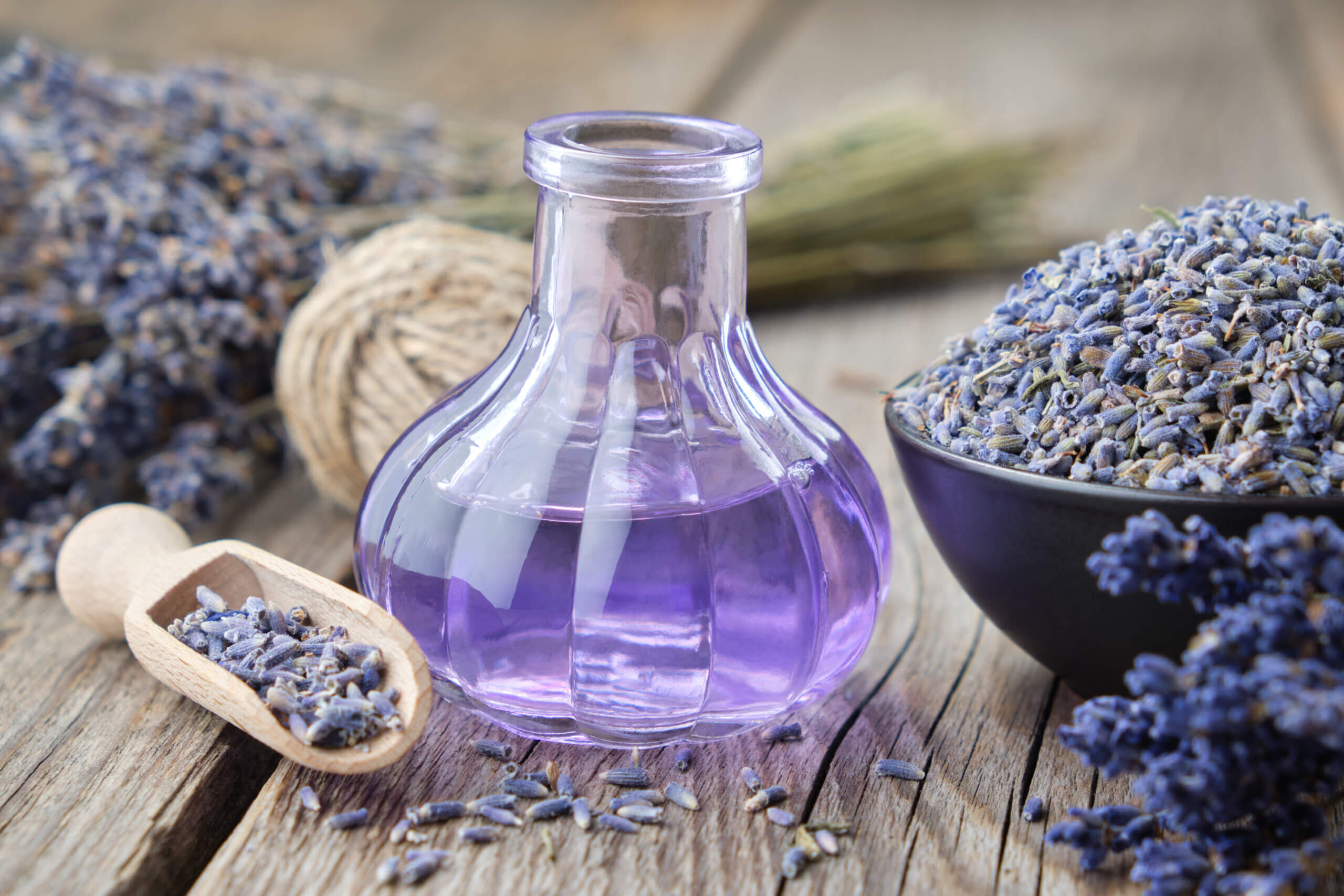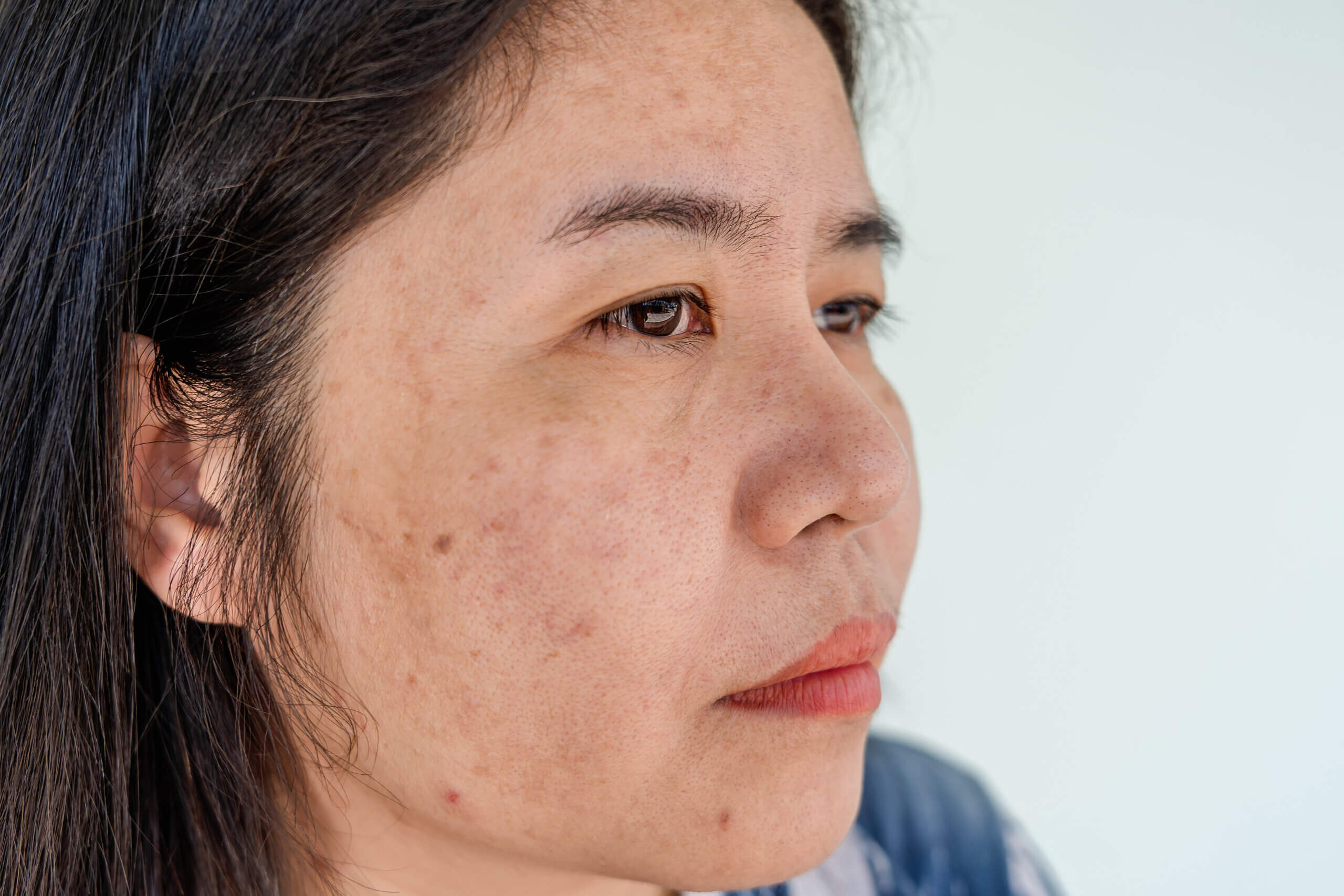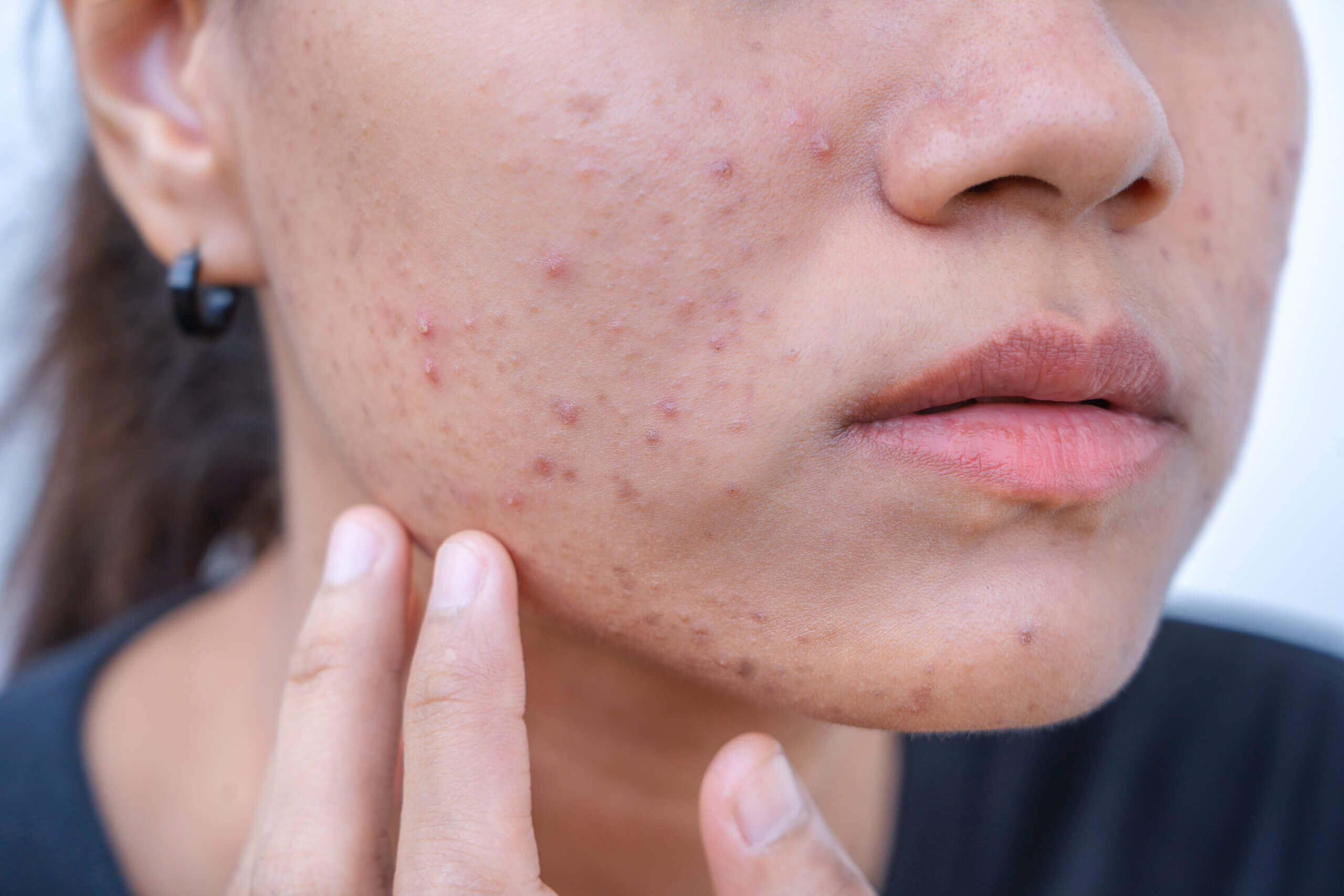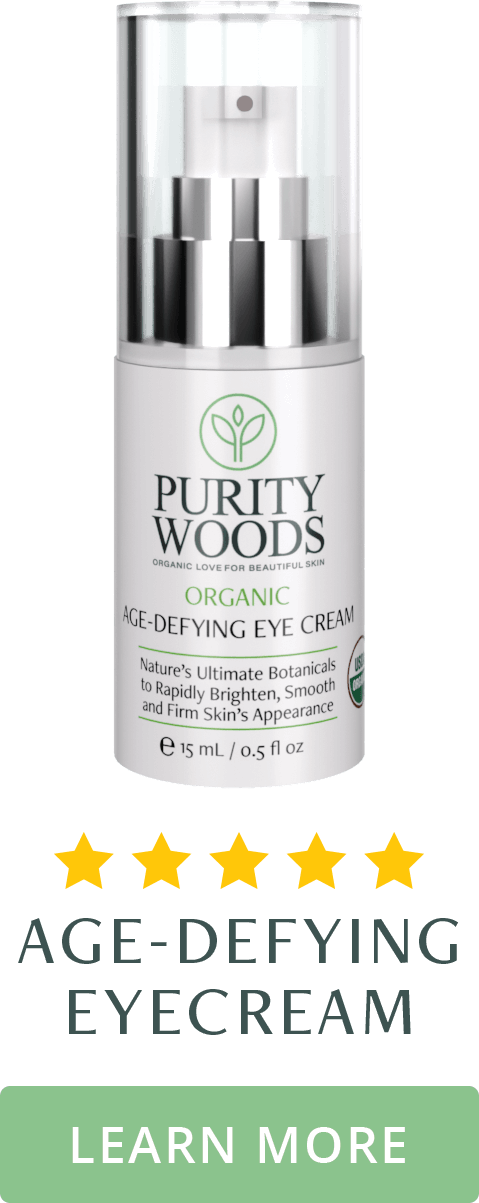Lavender is one of the most popular herbs of all time, and the oil is one of the most used around the world. In fact, lavender oil has been used for skin since ancient times as well as in aromatherapy.
There’s good reason for this long history of use. Not only does lavender help to soothe and refresh skin, it also has other documented benefits like decreasing feelings of anxiety and promoting sleep.
For skincare, lavender is one of the most gentle— but still powerful— essential oils you can use. Here’s more about what makes it unique and how you can use it for clear and healthy-looking skin.
Lavender Oil for Skin: From Ancient to Modern Times
As mentioned, lavender has enjoyed incredible popularity over the centuries. Though the plant is originally native to the Mediterranean region, lavender is now grown all over the world and has featured in many traditional medicine practices.

The name for lavender comes from the Latin word lavare, which means “to wash”. This is a nod to the cleansing properties of the herb and its use in ancient cultures like Greece and Rome to purify both mind and body.
Because of its fresh scent, lavender has long been used to cover up less-than-ideal odors (especially back before modern hygiene practices). Both Queen Elizabeth and the ancient Egyptians apparently enjoyed it as a perfume, and the Romans used it for bathing.
Interestingly, lavender was also used for mummification in ancient Egypt. Rumor has it that there was even a faint whiff of lavender in King Tut’s tomb 3,000 years after he was put in it— which may or may not be true.
Mummies aside, yet another popular use for lavender oil throughout the years is in the beauty and skin care realm. It has long been valued as a cosmetic ingredient, and you’ll find out why shortly.
How Lavender Oil is Made
As you may know, essential oils are concentrated plant extracts that contain many potent compounds. In the case of lavender, the oil is most commonly produced through a process known as steam distillation.
The process starts when lavender is harvested from the fields and hung up to dry. There are many different types of lavender, but a specific variety known as Lavandula angustifolia is a top choice for producing the essential oil.
Once dry, the flowers go through distillation, which involves using boiling water under them to steam the oils out of the buds. The mixture of steam and oil is then cooled, causing it to turn back into a liquid. The final step separates the oil from the liquid.
After all this work, the end result is a fresh and floral essential oil rich in compounds like linalool, linalyl acetate, lavandulol, lavandulyl acetate, geraniol, and eucalyptol.
Top Benefits of Lavender Oil for Skin (& Hair!)
Helps Calm Irritated & Inflamed-Looking Skin
A top beneficial property of lavender is its ability to combat inflammation. Several studies have shown that the oil possesses anti-inflammatory effects, which are believed to contribute to its skin-soothing nature.
One study even found that topical application of lavender oil reduced inflammation and healing time associated with a specific type of ulcer that often forms in the mouth. And while most people aren’t going to use it for an ulcer, this gives you a hint of how powerful the oil can be.
Translated to skincare, lavender is often used to calm skin that looks red or “blotchy” and to soothe minor irritations.
May Help Brighten Your Skin
Just by combating inflammation, lavender oil can help your skin to look fresher and brighter. However, its benefits may go even deeper to possibly help fade the appearance of hyperpigmentation.

Hyperpigmentation is the technical word for dark spots that form on your skin. They most often appear as a sign of aging— and are sometimes called age spots or sun spots— but can also form as the result of an inflammatory skin issue like acne.
Dark spots are notoriously difficult to fade once they appear, although some antioxidant ingredients can combat them.
Lavender oil hasn’t been extensively studied for its effects on dark spots, but one small study found that it had a “depigmenting effect” after being applied topically for 2 months in a cream. More research is still needed to find out for sure how powerful lavender is against hyperpigmentation, but it seems to have a lot of potential!
Contains Antioxidants that May Fight Signs of Aging
Research has shown that lavender essential oil possesses “high antioxidant activity” due to the potent compounds it contains. This alone makes lavender oil very beneficial for skin because antioxidants are key for slowing the aging process.
To give you the short version, antioxidants help shield your skin from free radicals that degrade important skin proteins (like collagen) and speed up skin aging. By doing this protective work, certain antioxidants may slow the formation of dark spots and wrinkles.
Unfortunately, lavender oil hasn’t been specifically tested for its wrinkle-reducing power yet. But given its antioxidant activity, it likely has protective effects for skin and has also shown “cellular regeneration” properties.
Soothing for Dry Skin— and Possibly Eczema
While lavender oil is generally suitable for all skin types, it has historically been a go-to for complexions that tend toward the dry side. This is mainly because it helps soothe some of the “side effects” of dry skin, including itchiness or irritation.
There’s also indication that lavender could help calm certain skin issues, including eczema. The oil has antimicrobial and antifungal properties and has shown an ability to fight a specific type of bacteria (Staphylococcus aureus) that can contribute to eczema.
That being said, some people with eczema or dermatitis are sensitive to essential oils. If you are trying lavender for the first time, be sure to do a small patch test first. Or consider trying it in a natural skincare product where the oil will be greatly diluted.
May Help Fight Acne
Lavender oil has several properties that make it beneficial for breakout-prone skin.

To start with, it’s non-comedogenic, which means it won’t clog pores when applied to your skin. It also won’t make your skin more oily, since it has a different composition than moisturizing oils like coconut or sunflower oil.
In addition, lavender helps calm inflammation, which is a big component of acne for most people. As mentioned earlier, it also possesses antimicrobial properties and is active against the bacteria that causes acne. Some studies indicate it can improve acne breakouts, although the outcome seems to depend on the severity of the acne.
The bottom line is that lavender oil probably isn’t going to get rid of acne on its own. But it shouldn’t make breakouts worse and may even help them fade more quickly.
Promotes Tissue Regeneration & May Fade Scars
Lavender oil is an old remedy for skin ailments like burns, cuts, and scrapes. It isn’t used as much for this purpose today, but some research does show that it could speed wound healing and tissue renewal.
Notably, one study found that lavender oil promotes collagen synthesis. This is likely what makes it able to accelerate wound healing because collagen is an important protein for tissue repair. However, this may also give lavender even more anti-aging benefits, since collagen is a key protein for firm-, youthful-looking skin as well.
In theory, by promoting tissue growth, lavender oil could help to fade the appearance of scars. This hasn’t been proven yet, but there are anecdotal reports of success, particularly with newer scars.
Good for All Skin Types
In general, lavender is suitable for all skin types because of its soothing nature and can be used daily. Even those who have sensitive skin can have success with it— but you’ll want to keep a few key tips in mind.
First, like all essential oils, lavender oil is very concentrated. It can cause a reaction in certain people who have high sensitivity, and allergies are rare but possible.
If you have sensitive skin and want to try lavender oil, make sure you dilute it first (see tips for this in the ‘How To’ section below). This makes it even gentler on your skin and less likely to cause a reaction. You can also try a skincare product with lavender oil as a minor ingredient so that it’s diluted even further.
Either way, do a patch test on your skin first, and back off if you notice a reaction.
May Promote Hair Growth
When it comes to beauty, lavender oil isn’t just for your skin. You can also use it for your hair (and scalp) by simply adding a drop or two to your shampoo.

It’s possible that by doing this you may promote better hair growth, since animal studies suggest that lavender oil can significantly increase the number of hair follicles.
(Another study involving people found that a combo of lavender, rosemary, thyme, and cedarwood oils successfully improved alopecia areata, an immune condition that causes hair loss. Unfortunately, it was impossible to tell which essential oil had the greatest effect.)
Also, don’t forget that your scalp is part of your skin, too. It can benefit from the soothing power of lavender just like your face and the rest of your body.
Natural, Stress-Relieving Scent
An often overlooked benefit of lavender oil is that it provides a 100% natural fragrance. This is a big deal because fragrance is one of the worst toxins in most conventional skincare products. Also called ‘parfum’, it’s often a cocktail of synthetic chemicals that don’t have to be listed on the label.
If you don’t want to go the unscented route, essential oils— especially lavender— are one of the best options for toxin-free fragrance.
Plus, lavender has a documented ability to reduce feelings of stress, which means you might find yourself in a better mood whenever you apply it to your skin.
Bonus: May Help Keep Bugs Away
If you’re considering using lavender oil for skin care, you probably aren’t thinking about repelling bugs. However, this could be a “bonus benefit,” since some research has shown that lavender essential oil can help repel mosquitos, although it’s most effective when used with citronella and other oils.
Many people also report that lavender oil helps soothe bug bites, so you can use it after the fact, too.
How to Use Lavender Oil for Skin
When choosing an essential oil to use for your skin, make sure you look for one that is 100% pure with no additives. The only ingredient on the label should be lavender (Lavandula angustifolia) oil.
Also, do a little research into how the company grows or sources the plants used to make the oil. Buying USDA Organic is ideal because this ensures conventional pesticides were not used on the lavender when it was growing.
Lavender oil— unlike many other essential oils— can be applied directly to skin, but the recommended method is to dilute it first. You can do this by using a carrier oil or by using lavender in an already-diluted skincare product.
To dilute it yourself, choose a skin-friendly carrier oil (like jojoba oil) and mix 1-3 drops of lavender oil with about a tablespoon of the carrier oil. (You can dilute it even more if you choose.) Store the mixture to use on your skin when desired.
 Younger-Looking Skin Around Your Eyes, Naturally
Younger-Looking Skin Around Your Eyes, Naturally
If you are tired of seeing under-eye bags, crow’s feet, and dark circles when you glance in the mirror, look into the Age-Defying Eye Cream from Purity Woods.
This USDA Certified Organic eye cream features over 20 of nature’s most effective botanical extracts for quickly diminishing signs of aging around the eyes. It contains zero toxins or synthetic ingredients and is lightly scented with none other than lavender oil and a blend of other essential oils.
The cream is suitable for all skin types as well as deeply nourishing and rejuvenating for the delicate skin around your eyes— and you won’t have to worry about diluting lavender oil yourself. Plus, it’s packed with powerful antioxidant ingredients, including elastin-boosting maple leaf extract.
You can find out more about the Age-Defying Eye Cream here, and consider making an ancient oil part of your skincare regimen.

